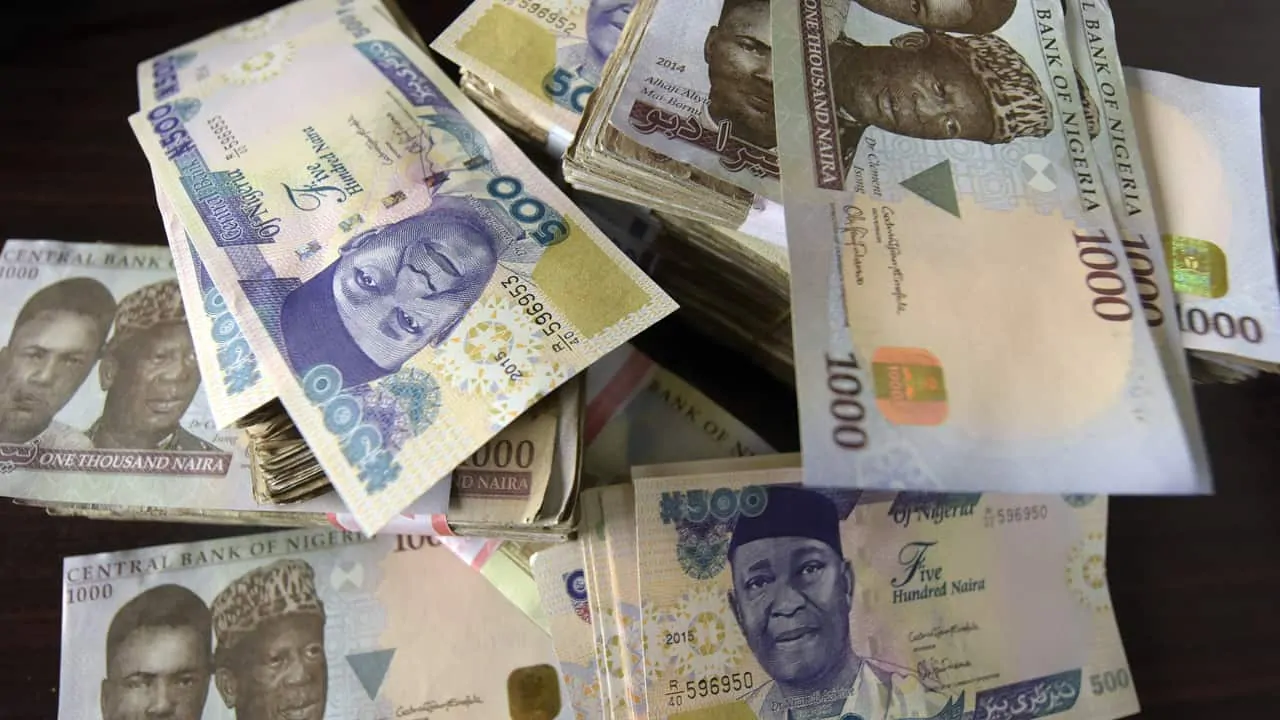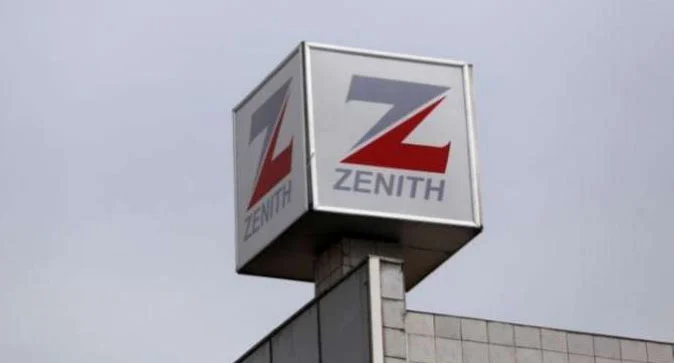Nigeria Losess In Global Oil Price as Ukraine and Russia War Escalates
Nigeria Losess In Global Oil Price as Ukraine and Russia War Escalates
Oil prices have reached new highs as a result of the ongoing conflict between Russia and Ukraine, with the Bonny Light breaking above the $100 per barrel barrier level for the first time since 2014.
Oil dealers are anxious about the future of supply in a market where demand is fast growing as factories and larger economies open up to recover from the doldrums of COVID-19 limitations as the US and European supporters of Ukraine prepare to increase sanctions on Russia.
Oil importers such as South Africa and Kenya are groaning as increasing crude oil prices force the price of gasoline, and by extension, other consumer goods, upward, exacerbating the nations’ existing inflationary pressures.
Members of the Organization of Petroleum Exporting Countries (OPEC) seem to be cheering the optimistic rebound in oil prices since it raises the prospect of more fiscal income, which might assist to partially bridge budget shortfalls.
Nigeria, however, may be worse off since rising oil prices imply greater government subsidy payments. Unlike its OPEC counterparts, Nigeria imports all of its refined petroleum products, mostly via “opaque” transactions organized by the Nigerian National Petroleum Company (NNPC) Limited, which estimates daily petrol consumption at 93 million litres during peak hours.
President Muhammadu Buhari had to send a supplementary budget to the National Assembly a fortnight ago, seeking an additional N2.55 trillion for fuel subsidy at a time when the crude oil price was lower at $95 per barrel, after reversing an earlier decision to halt petrol subsidy for genuine or otherwise reasons.
Nigeria seems to be a net loser in the oil price equation, notwithstanding the optimistic emotions among OPEC members. First, oil output has been exceedingly low, averaging 1.6 million barrels per day, much below OPEC quotas and well below the 1.88 million barrels per day target set in the 2022 budget. This reality reflects a decade of low investment in the industry, a scenario that exacerbates the structural and community challenges of insecurity and theft that continue to stymie the country’s oil production.
More crucially, the country’s humiliating import of refined goods exposes it to the whims of the unpredictable market, despite the fact that it ironically sets the retail price of imported refined products, a fiscal policy that forces the government to bear the brunt of the increased crude oil price. It’s no surprise that the country’s foreign reserves have fallen by about $1 billion, or 1.7 percent, year to far, despite the fact that oil prices have risen by more than 40%. As a result, Nigeria ironically counts its difficulties as the price of oil climbs.
In OPEC countries where markets and policies work in the people’s favor, a situation where oil prices are nearly 70% higher than the budget benchmark of $62 per barrel, the country should be accumulating savings in the excess crude oil account or the country’s Sovereign Wealth Fund in anticipation of an inevitable rainy day. Unfortunately, this is not the case in Nigeria, where neither high nor low oil prices are beneficial to the economy. So, what, when, and how can the nation make the most use of its resources?
Higher oil prices provide Nigeria through the right hand, but take away from the left hand, probably in larger amount. With the country’s four oil refineries closed, Africa’s leading oil producer relies solely on imports for domestic supply of refined petroleum products. Because local retail pricing of petroleum products remains a contentious issue, higher prices necessitate more budgetary allocations to meet state subsidies for local consumption, which many argue is arguably inflated.
Aside from the fiscal burden imposed by the subsidy, the yield on Nigeria’s Eurobonds is rapidly increasing as investors become worried about the country’s declining external reserves in the face of rising oil prices. The yield on the 7.875 percent US$1.5 billion Eurobond issued in February 2032, which has a 10-year maturity, has risen to 8.7 percent, up 80 basis points from December 2021 levels, as the Notes trade at a huge discount to the 7.875 percent yield at which it was issued. This adds to concerns that Nigeria would have to pay more for any new borrowing on the foreign capital market, a fact that will exacerbate the country’s present fiscal load, in which debt payment consumes more than half of its earnings.
Perhaps there is some good news, as analysts at Vetiva Capital Management, a Lagos-based boutique investment bank, believe oil prices will level off in the second half of the year, with the oil research desk forecasting an average of $90 per barrel.
“In the end, Nigeria may be hard hit, and we may have to prepare for a rough time if the current spot price becomes a benchmark for the country’s imported refined products,” says Dr. Bongo Adi, a senior lecturer and economist at the Lagos Business School.
He believes that the crude-for-petrol exchange agreement would provide some relief since it will mitigate the effect of increased oil prices on the country’s budgetary condition.
“Nigeria would be able to access the international market for financing its budget deficit, but it needs to get the timing right to ensure effective pricing,” Abiola Rasaq, a financial analyst and former chief economist of the United Bank for Africa Plc, said when asked about the yield environment and its likely impact on Nigeria’s ability to fund the 2022 budget deficit.
“At the moment, investor sentiment in developing markets is very low, particularly in places like Nigeria, where a few concerns may have harmed investor confidence.” While the market is currently choppy, and the volatile environment may not support new issuance, there is also a risk that investor appetite for the polity will wane as the 2023 elections approach; thus, getting the timing right is critical, especially since the sovereign serves as the benchmark for corporate issues.”



